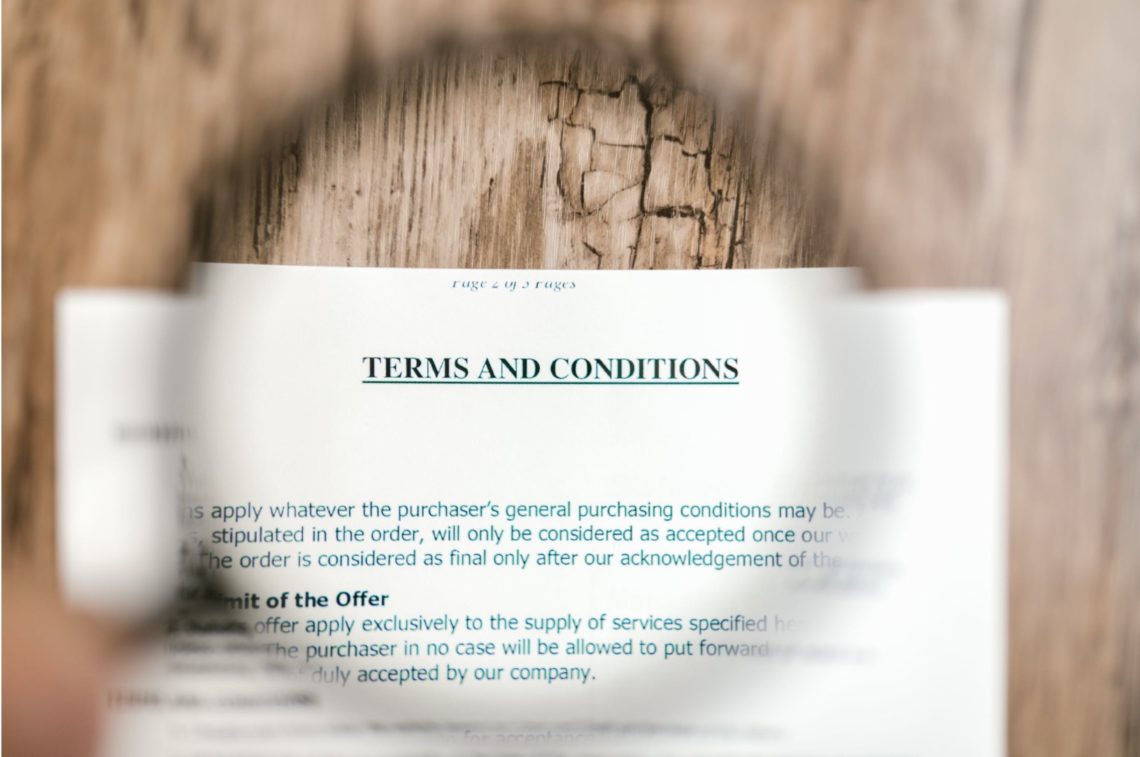
When you take your insurance policy, you expect your insurance company to come through for you with the protection when the need arises. You pay your premiums faithfully and on time as per the set terms of the policy. Unfortunately, the risk insured against happens, and the only thing you have going for you is your insurance policy, and you hope they will pay up as per the agreement, right? Regrettably, that is not often the case.
Some insurers will try every way possible to either not pay or pay the least amount possible. These insurers go against the purpose and agreement of your policy and even insurance policies. When insurance companies do this, it is called bad faith insurance.
What is bad faith insurance?
Bad faith insurance is when an insurance company attempts or goes back on its obligations to the policyholder. They can do this either by refusing to pay your legitimate claim or by delaying the investigation and processing of your claim in a reasonable time. Bad faith insurance applies to all types of insurance policy, from homeowners’ insurance to auto insurance.
To avoid acting in bad faith, your insurer should fulfill certain obligations, including the following;
- Respond to your inquiries in a timely fashion.
- Undertake a reasonable and timely investigation into your claims.
- Approve or deny and pay your claims within a reasonable time frame or within the legal period set by the state.
- Provide you with reasons for denying your claims citing specific and applicable policy provisions.
- Pay for damages in a liability claim up to the policy limits.
- Defend you in a liability action where they cover at least of the claims.
What are the signs of bad faith insurance?
Not all insurers will act in good faith, and you can tell if your insurance provider is acting in bad faith through these signs.
Your insurer refuses to pay a legitimate claim without a reasonable basis.
This sign is the most cited complaint in most bad faith insurance suits. You have a legitimate claim, but the insurer refuses to pay up. The company will not say this directly but will instead quote an ambiguous part of the policy contract. For example, some companies seeking to escape flooding damage have resorted to calling it “wind-driven rain.” They also find winding explanations to justify their denials.
The insurance is delaying investigating your claims.
Insurance companies at times drag their feet and fail to investigate your claims in a timely manner properly. Their actions leave you stranded and in great inconvenience. If you have provided all the necessary paperwork and taken steps to facilitate an investigation, your insurance company should investigate promptly.
The insurance company tries to pay less than your policy limit.
At times the insurance company tries to save its expenses by reducing the amount it pays out. In doing so, the company aims to meet its legal obligations but still make huge profits. The problem is, this action leaves you to shoulder the remaining budget.
Your insurance company is demanding unreasonable paperwork.
In other instances, the insurance company wants to delay making payment to you by asking for an unreasonable amount of documentation. They present this as the only option to support your claims. In truth, they are just delaying and hoping you will tire and give up or use any missing document as an excuse not to pay up.
Does the Law Protect You from Bad Faith Insurance?
The law protects you from bad faith insurance. While there are laws that protect insurance companies from fraudulent claims, there are those that ensure insurance companies do not exploit you. If your insurance company is acting in bad faith and you sue them, they will not only pay up as the policy requires but also extra compensation for the cost you have incurred. In some cases, and states they will also face punitive damages.
Why you need a Bad Faith Insurance Lawyer
The insurance companies rely on your lack of expertise of your rights and law and their intimidation to get away with bad faith insurance. A lawyer levels the playing field. A good lawyer also guides you through the claims process so that you do not unknowingly jeopardize your claims. If you are facing bad faith insurance, contact us today and let us help you get your due compensation.

